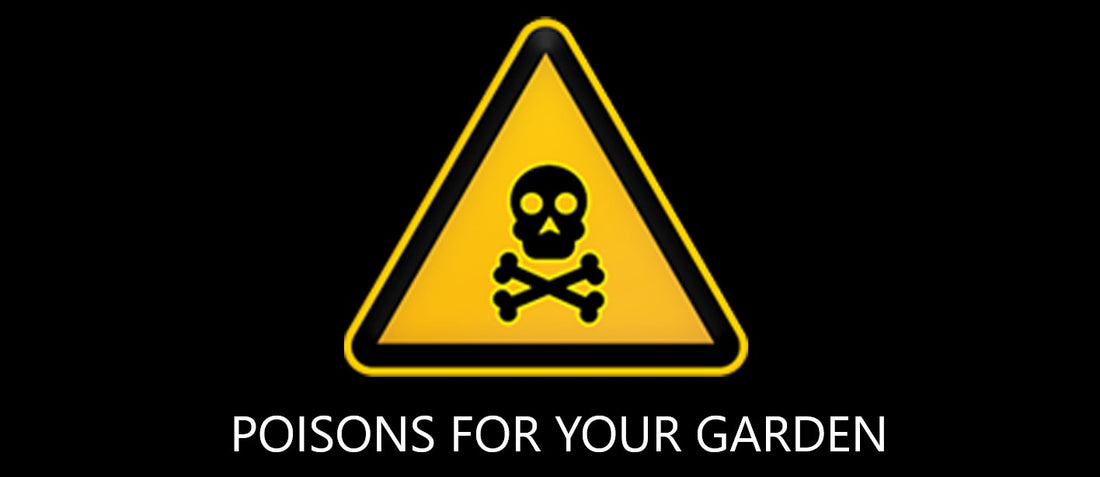The Guardian Australia has been recently reporting on the current class action by Maurice Blackburn against the chemical giant, Monsanto, now owned by Bayer. Monsanto is the original maker of glyphosate, the chemical used in Round-up a commonly purchased garden product available at all supermarkets, hardware plant stores.
Concerns about glyphosate crystallised in 2015 after a review by the World Health Organization’s cancer research arm, the International Agency for Research on Cancer (IARC), concluded that glyphosate is “probably carcinogenic to humans”.
So far Bayer has paid out more than $US10bn to settle cases, while insisting the product is safe. In my lifetime, I have seen an increasing rate of cancers amongst the population, with it now estimated that, 1 in 3 will get one form of cancer in their lifetime.
Thankfully, the science is being heavily contested and the debate about the health effects of glyphosate is raging almost everywhere, but not in Australia. The agriculture industry has a strangle-hold over the government and the idea of sustainable farming is still a long way off from being a large proportion of the food chain in this country.
The Guardian has reported the following chemicals, and the products they are used in, and sold across Australia.
Neonicotinoids
This family of chemicals has been blamed for falling bee numbers in Europe and banned for both household and agricultural use there since 2019. They are the active ingredient in Confidor and other garden products and have been used in Australia since 1994. The Australian regulator has had them under review since 2019.
Mancozeb
In 2020 EU member states voted not to renew the approval of Mancozeb, a fungicide that is known to be an endocrine disruptor and toxic to reproduction. Use of the chemical ended in the EU in January 2021.
Mancozeb and sulphur are the active ingredients in Richgro Fungicide sold in most hardware stores.
Carbaryl
Richgro Bug Killa For Control of Caterpillars, Grasshoppers and Millipedes, a granular garden insecticide, contains Carbaryl as its active ingredient.
Carbaryl, also known as Sevin, is a cholinesterase inhibitor and is classified as a likely human carcinogen by the United States Environmental Protection Agency. In Europe it is heavily restricted and must carry a warning.
Metaldehyde
Australians can pick up a packet of snail and slug pellets containing metaldehyde, which after a long debate and court challenges, has been banned in the UK. It is still permitted in 20 countries in Europe.
The reason for the UK ban was concern for wildlife, such as hedgehogs, coming in contact with the pellets as well as concerns by water authorities over drinking water quality as the chemical is difficult to remove through treatment.
Protect-us Mineral Snail and Slug Killer is a low-toxic alternative to metaldehyde and methiocarb baits
Spinetoram and beta cyfluthrin
Yates Tomato Dust and Yates Success contain spinetoram, an antibiotic insecticide that is being phased out in the EU by June 2024 because of the effect on insectivorous birds.
Beta cyfluthrin is the active ingredient in Baythroid Advanced, also sold by Yates in Australia. Approval for the use of beta-cyfluthrin was not renewed by the EU in 2020.
If your not confident that your fresh produce comes from an organic farm, then you really need to give up a small patch of your backyard, or ideally all of your backyard for growing fresh, healthy, non-tainted, vegetables, fruits and herbs. Even in the city, if you have a balcony or outside space there are always a range of vegetables, herbs and micro-greens you could be growing.
Once you have your patch established, keep it healthy with fresh compost and manures to enrich the soil for the next harvest. Snails and slugs can be a problem and there is nothing on the market other than Protect-Us Snail and Slug Killer, its the only registered product that can be used on organic farms. However, regular application must be performed to achieve the best results

